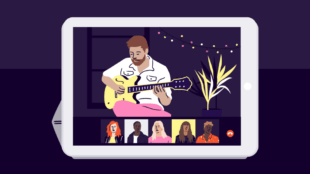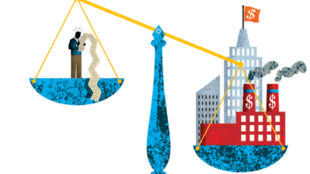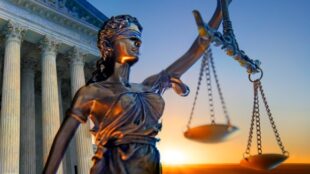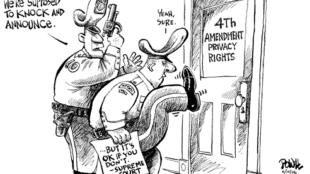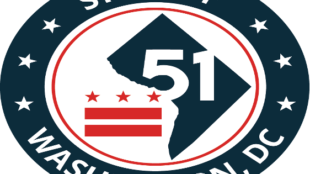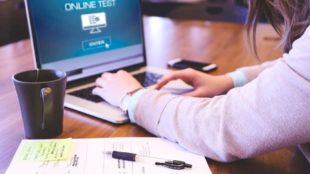360 Music Contracts, COVID-19, and the Future of the Music Industry
(Source) Since the turn of the century, music accessibility has quickly become greater than ever before, though listening formats have changed in popularity. As cassette tape sales waned in the 1990s, CDs became the most profitable format in the US. This trend continued through the late 2000s when CD use declined. Since 1999, falling music sales have been a consistent reality, due in no small part to newfound free, albeit illicit, access to music, offered by file sharing websites like Napster and the ever-reviving, peer-to-peer torrent site The Pirate Bay which at their peaks had sixty million and fifty million users, respectively, as well as Limewire. Piracy then blunted the growth of the music industry and not until recently did the industry’s financial outlook begin to improve. In 2016, streaming revenues represented 51% of the music retail industry’s revenue, overtaking CD, vinyl, and download sales combined. Streaming subscriptions that year drove an over 11% increase in total recorded music revenue to $7.7 billion, the largest such increase since 1998, though that sum is still only half of previous industry highs in 1999. The advent of streaming and its embrace by American music consumers shows no signs of stopping, with a [read more]

